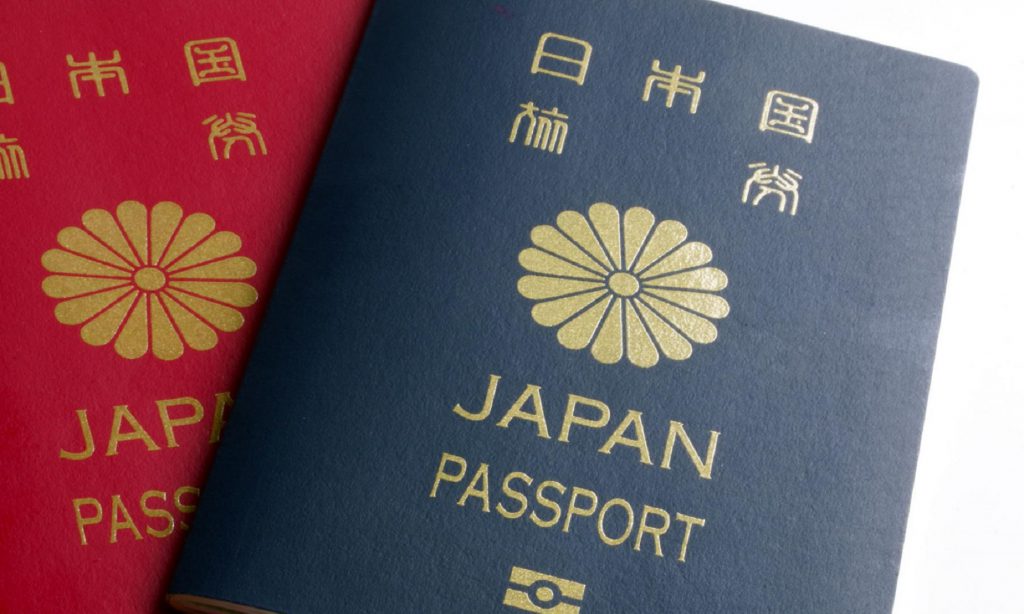
Japan is a dynamic and fascinating nation that successfully combines old customs with the current, high-tech world. Newcomers may find a lot to enjoy and discover in the country of the rising sun. Reasons to relocate to Japan include the following:
Strong economy and employment opportunities
Japan has the world’s third-largest economy and is home to numerous global corporations and industries. The country offers a wide range of job opportunities across sectors such as automotive, electronics, finance, technology, and healthcare. Immigrants can benefit from competitive salaries, a strong work ethic, and a culture that values professionalism and innovation.
Technological advancements
Japan is at the forefront of technological advancements and innovation. It is a global leader in robotics, electronics, automotive manufacturing, and cutting-edge research. Immigrating to Japan provides access to state-of-the-art technology, research opportunities, and the chance to work with some of the brightest minds in the world.
Healthcare
All citizens and foreigners residing in Japan for more than a year have access to free universal healthcare in Japan. Additionally, compared to many other nations, the management of healthcare in Japan is simpler. Although there may be some paperwork needed, the price of medical services is clear, and the whole is paid before you leave the doctor’s office or hospital.
Public transportation
Japan has had a public transportation system in place for decades, whereas cities throughout the globe are now upgrading their infrastructure to create efficient networks. Train lines in big cities like Tokyo snake across the city and beyond like tiny capillaries. It is amazing how timely they are, given the astounding amount of trains and buses operating at once. The Shinkansen, Japan’s ultra-rapid, ultra-secure, and ultra-efficient bullet train, is another excellent option for intercity travel. This is a good reason because a solid public transportation system promotes improved mobility, a healthier city, and a stronger community.
Safety and security
Japan is known for its exceptionally low crime rates and emphasis on public safety. The country has a well-functioning legal system, efficient law enforcement, and a strong sense of social order. Immigrants can enjoy a peaceful and secure environment for themselves and their families.
Healthy living
There is an excellent reason why Japanese people have one of the longest life spans in the world. The nation as a whole has substantially lower rates of obesity and sickness than many Western nations. The Japanese diet has several health advantages, including lower overall sugar consumption, daily consumption of antioxidant-rich green tea, and a high intake of fruit, fish, and sea vegetables like seaweed. Eating until you’re 80% full, or hara hachi bu, is a technique that promotes healthy routines. The manner of life in Japan involves a lot of physical exertion. Many locals walk a lot, which provides health advantages through unintentional exercise. Another well-liked activity that promotes both fitness and stress reduction is tai chi. The government of the nation promotes healthy lifestyles by designating national holidays like Health and Sports Day (the second Monday in October) and Mountain Day (11th August) specifically for it.
Politeness and paperwork
Carefulness is one of the characteristics of Japanese communication. Always be courteous and avoid provoking others. Whether you’re in a boardroom or a street market, expressing rage will get you absolutely nothing. With their first paperwork, the majority of expats get the opportunity to exercise this kind of patient acceptance. For as long as you live there, bureaucracy will be your lifetime buddy and play a significant role in organizing things. Things are quite well structured, however, they could go slowly.
Benefit for children
There are advantages created especially for households with young children. This is a strategy used by the Japanese government to halt the drop in birth rates throughout the country. Although it’s unknown how much these programs increase fertility, they undoubtedly benefit children who already exist. For instance, healthcare is free for anyone under the age of 15. Typically, Japanese National Insurance covers 70% of the cost of healthcare, with the remaining 30% being covered by each ward’s Free Medical Care Certificate for Children. The certificate typically lasts until the age of 15, however, this varies across cities and wards.
You may also like these related articles:
